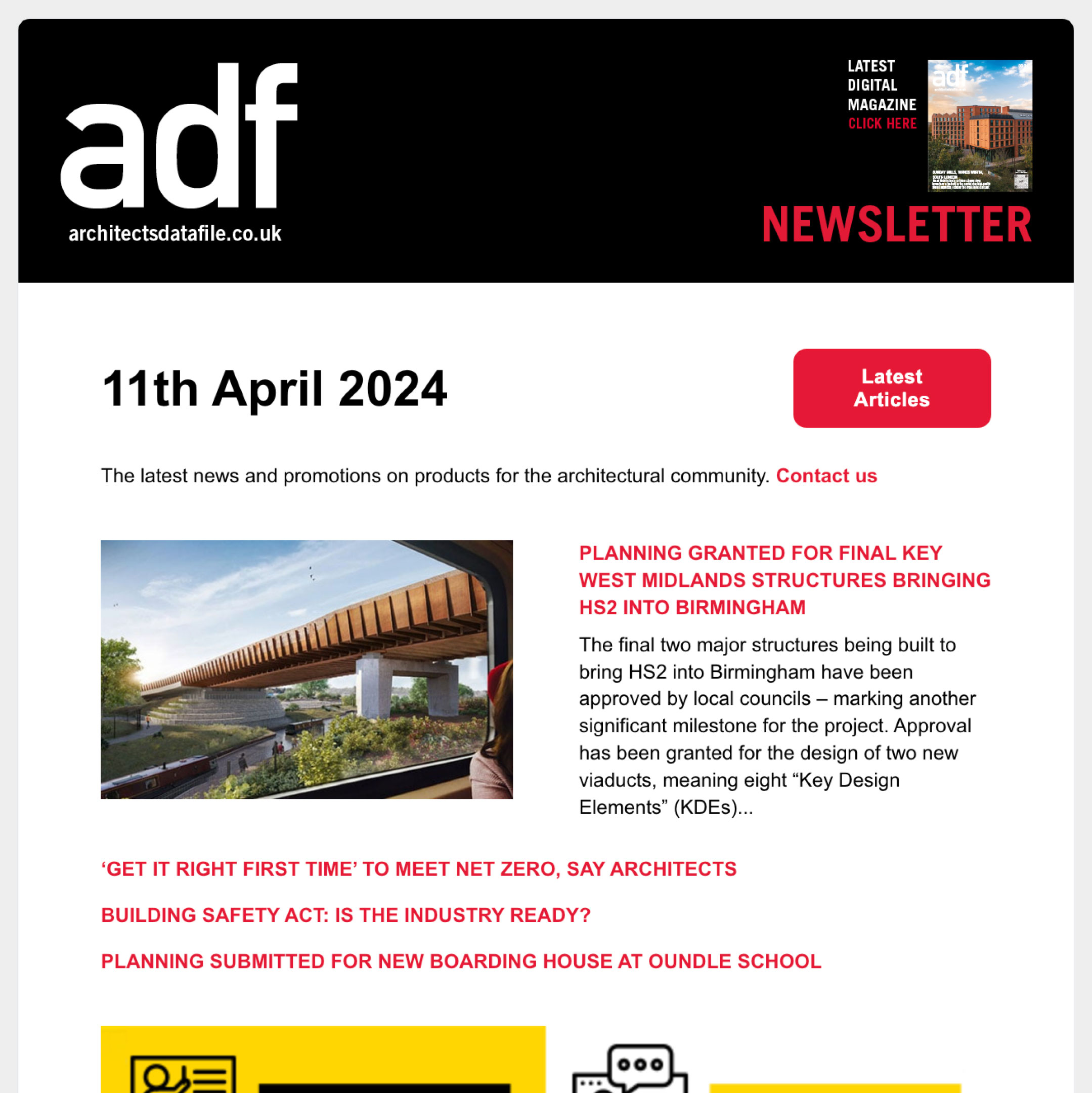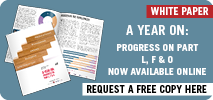Although it’s little over 12 months ago, the image of the PM shuffling up to his lectern to inform the country of a nationwide lockdown is still a memory fresh in peoples’ minds.
There’s no denying the events of 2020 and reaction to the Covid-19 pandemic have left a lasting mark on the UK’s socio-economic landscape. Fundamentally, business and industry have been compelled to evolve and adapt in order to survive.
Construction and manufacturing, although not as hard hit as many other sectors, has seen a marked change in approaches and priorities. In light of this sea change, we have invited a host of construction and building product professionals to offer their perspectives of a Covid-dominated year past, and their thoughts on the upcoming business year ahead.
Deeply Digital
The pandemic has affected the construction industry across the globe in different ways. While the sector has certainly faced its challenges, our customers from the UK to the UAE, Ireland to Australia, have proven to be resilient, with the use of technology playing a big part in the industry’s steady recovery.
Digital project management, design collaboration and field-based tools allow teams to work together and update clients without the need for site visits. This has encouraged both social distancing and better time management, which, in an increasingly digitalised world, is likely to continue long after the pandemic. – Tom Boland, Global Head of Digital Construction, Zutec
A Breath of Fresh Air
“The COVID-19 Pandemic hit the commercial construction sector hard, evidenced by the mass exodus from in-office to at-home working. However, we’re starting to see the green shoots of recovery emerge and a returning confidence, borne out by last week’s encouraging ONS figures which showed an encouraging, if conservative, uptick in output. ”
“What will certainly change is the environment we work in. The last year has seen a reappraisal of layout, particularly to limit any risk to worker welfare through future virus outbreaks. ”
“Further, a firmer commitment to Net Zero 2050 means these reimagined spaces will need to be delivered in as an environmentally-friendly way as possible. As such, I think criteria such as good air quality through passive ventilation, fabric first, circular design and smart systems will become standard. Ultimately these modern methods will become a driving force behind commercial architecture, improving staff health, comfort and productivity, benefiting workforce and employer alike.” – Erik Boyter, CEO, WindowMaster
Firing the Mind
“The pandemic lockdown had a silver lining, it meant more built environment professionals were working at home and had time to upskill and increase their technical know-how. It opened a window of opportunity to raise fire protection awareness, a very topical issue against last year’s policy landscape.”
“Without commuting to work, face-to-face meetings, attending events and exhibiting at trade fairs, the construction industry had time to pause, reflect and properly prepare themselves for the fire safety regulation down the track. We’ve definitely registered an increasing understanding of fire prevention and protection during the specification process. This bodes well, not only for the industry, but the safety of a building’s end-user, owner or occupant.” – Ian King, COO, Zeroignition
Duty of Care
“While the past year has undoubtedly been challenging for the UK construction industry, the future looks promising. Increased space on sites due to public buildings being closed, and the adoption of new digital tools, have encouraged enhanced project collaboration and have made it so that construction companies such as ours can progress with work at a steady pace.”
“The pandemic has also further opened our eyes to our employees’, and our own, mental health, and has allowed us to find new and better ways to care for our collective wellbeing. Crucially, it has helped us to manage change and prepare for the unexpected, putting us in a good position for a summer bounce-back.” – Adrian Attwood, Executive Director, DBR Ltd
Powering-up the green agenda
“The Covid-19 pandemic has given society plenty of time and opportunity to think long and hard about pressing, global issues, particularly climate change and how we address it. The construction industry is no exception.”
“One area which will be a key focus is our energy infrastructure, particularly as reliance on green electricity, for both commercial and residential buildings, will increase exponentially. Current renewable capabilities are not enough and we need to start considering a wider range of alternatives to power a no-carbon UK. Tidal is one resource which has been woefully under-explored and my hope is that, as we work towards a more sustainable society we reappraise its potential to deliver consistent, reliable, clean energy.” – Stuart Murphy, Founder, TPGen24
Taking the above into account, it’s fair to say there’s a degree of cautious optimism in the air. Given the recent, encouraging ONS figures, it looks like a rebound is underway, particularly for commercial construction.
Given the buoyancy of some of the responses, we’ll be sure to check in with our respondents six months down the line to see if the sanguine mood persists.





